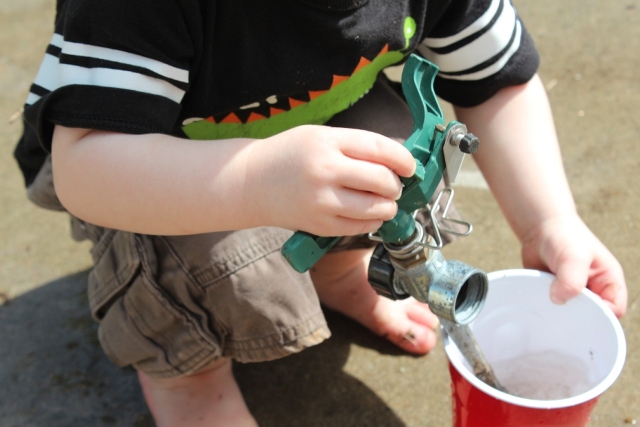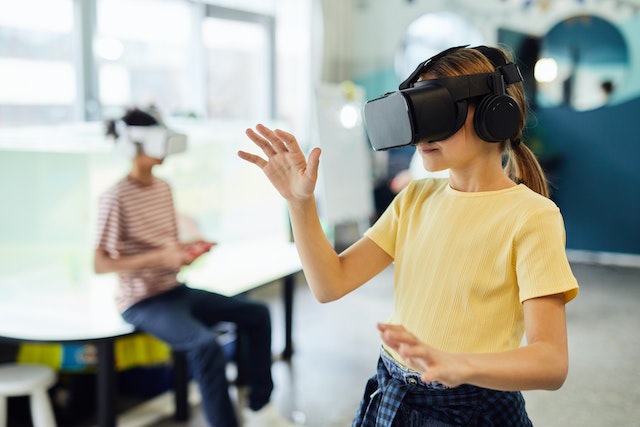Do you remember playing for hours on end as a child? I remember playing outside imagining complex stories and situations that would last for days on end. It doesn’t seem that kids do that anymore, does it?
The days of play in today’s youth have been shortened by longer school hours, organized events and clubs, and electronic devices that contend for their attention. Whether or not these things are good or bad doesn’t matter.
A lot of research has been conducted in regards to the importance of play in the social, emotional, and physical development in children. The results are in: the amount and type of play children experience have a profound impact on all of these developmental areas.
Social Skills
In the world of play, children can experiment with relationships and the world around them. When playing by themselves they imagine all sorts of scenarios and learn to empathize and project their feelings. In groups, problem-solving and cooperation are key ingredients to playing together. Children who play alone and with others have a myriad of opportunities to learn important social skills.
“Social skills are learned in the give and take of play. Verbal communication and body language, safety, and danger, freedom, and boundaries, cooperation and teamwork: all are discovered and practiced repeatedly during infant and childhood play. We continue to refine these skills in adulthood through play and playful communication. “
Read more here
Creativity
Playing and creativity are inseparable. At the moment of pure play, we are creative and artistic. Imagination is the stuff of art! Playing allows a child to come to an understanding of their own mind, and nourish the authentic thoughts and feelings that are solely their own.
Through the act of play children learn to express themselves- in words, song, dance, pen, chalk, and feeling. They begin to see things in a variety of ways, leading to divergent thinking and innovation.
Academic Studies
Studies have shown that kids learn more and work better when they have longer recess during the school day. Many people associate play with time-wasting, however when children are playing they are using every moment to gain valuable information about their world.
Play reduces stress, expends pent-up energy, and helps memory and brain function. Far from being a wasteful endeavor, play is important!
Making learning experiences playful also helps kids to connect with the information in meaningful ways. Allowing self-expression and imagination during academic studies improves recall and strengthens a child’s view of learning as a lifelong pursuit.
Play Together
Playing together as a family brings you closer together.
Mothers and fathers sometimes take the responsibility of being a parent so seriously that they forget to relax and play with their children every once in a while. One of the benefits of parenting is spending time with kids- feeding off their insatiable energy and lightheartedness!
Whether it is enjoying a hobby together, breaking out the board games, or learning a new sport, show your children how important play is by engaging with them. Who knows, you might even find yourself learning a thing or two!
- The Importance of Developing a Sober Mind in Our Students - February 22, 2019
- Teaching Children At Natural Development Points - February 21, 2019
- Dealing With The Fears Of Unlimited Game and Media Time - January 20, 2019


